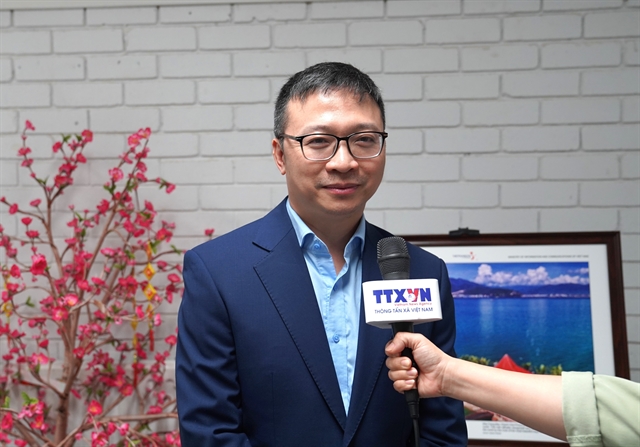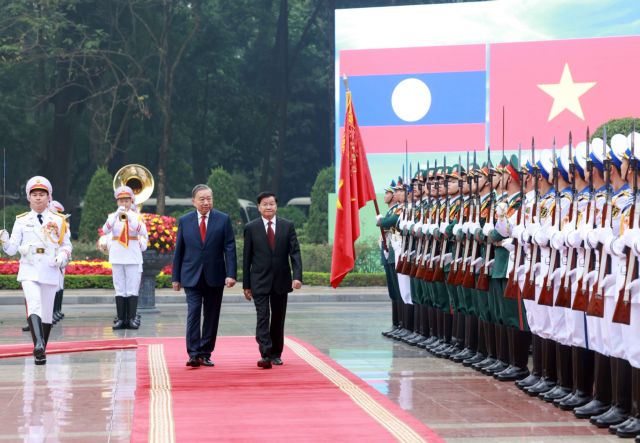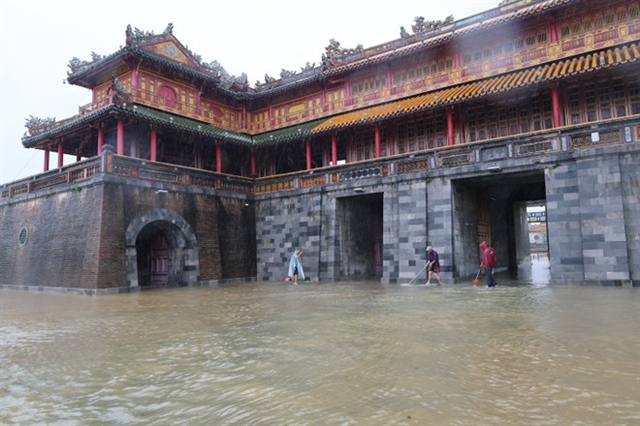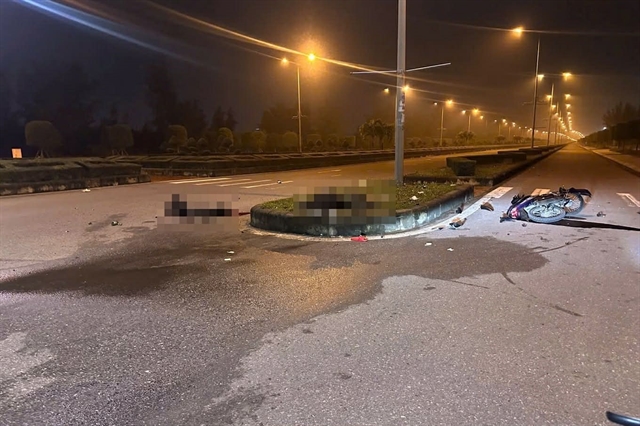 Opinion
Opinion


|
| Vương Hữu Tấn (r). Photo viettimes.vn |
Việt Nam has made big strides in applying atomic energy in treating diseases, especially cancer. Dr Vương Hữu Tấn, Chairman of Việt Nam Atomic Energy Association, talks with VietTimes on how the country is using nuclear techniques in medicine.
Where is Việt Nam’s on the world map of applying atomic energy in healthcare?
Việt Nam has had quite a wide use of atomic energy for a long time, particularly in healthcare. We have used radiation in treating cancer at the national cancer hospital – the K hospital – since 1923.
We are now at the above average level compared to other countries in the region. Basically, Việt Nam’s nuclear medicine has caught up with advanced nations, except for special or newly-developed techniques.
But there are things that Việt Nam in particular is ahead of the world. For instance, the application of linear accelerator in cancer therapy. Back in 2006 there was only one accelerator in the whole country. Now there are more than 60. It’s an impressive number that not every country can reach.
Cutting-edge techniques for cancer early detection are available in Việt Nam at various healthcare facilities. We had no choice but to go abroad for the latest technologies in the old days, but now Việt Nam also has modern machinery and more skilled doctors than many other countries. Patients can benefit from a high quality treatment at affordable costs and no longer need to go abroad to treat their diseases.
Sadly, not every patient trusts domestic treatment. While techniques in other countries, especially those in the region, are not better than Việt Nam’s, our doctors, with more clinical experience, have even surpassed those abroad.
Statistics show that dozens of thousands of foreigners come to Việt Nam annually for cheap but high quality treatment.
What should Việt Nam do to promote the use of atomic energy in healthcare?
In my opinion, we have two issues.
First is how to encourage the use of atomic energy in healthcare in line with a development orientation plan. We can open the field to the private sector to promote nuclear application if necessary.
As atomic energy is a special field, social insecurities will be unavoidable unless we can manage safety issues. We therefore have to improve the Government’s management capabilities to guarantee safety when using atomic energy. My strong recommendation is that Việt Nam has to take a look again at legal issues and make appropriate adjustments.
Additionally, we need an effective management system from the central to municipal level as well as increasing the quantity and quality of the staff specialised in the field.
The effectiveness of atomic energy in treating diseases, particularly cancer, has long been proved. But are there any issues regarding the use of it?
What we care the most about in using radiation in treatment is how to protect people’s health from the very radiation which can cause cancer itself.
This is a very important matter but is often overlooked in Viet Nam. It is essential to make the benefits from using radiation outweigh the risks. Secondly, how to optimise the use of radiation - meaning how to calculate the minimum dosage of radiation a patient receives and still get the desired result.
Regarding those two principles, I have a feeling that healthcare facilities in Viet Nam don’t pay much attention to them. There might be some reasons for this, one of which is lack of training for staff in those facilities. Another is lax regulations in licensing and inspection. All in all there are real risks to society.
You just mentioned a challenge in human resources. Are we able to meet the demand of human resources in the field?
The current quality and quantity of the human resource don’t match the widespread use of atomic energy in the country.
The field is developing very fast but human resource training is rather limited. Furthermore, Viet Nam so far only pays attention to training in radiation safety but neglects security of radioactive sources.
We also lack specific regulations regarding specialised training and the licensing work afterwards. That’s what we must fix as soon as possible. — VNS




